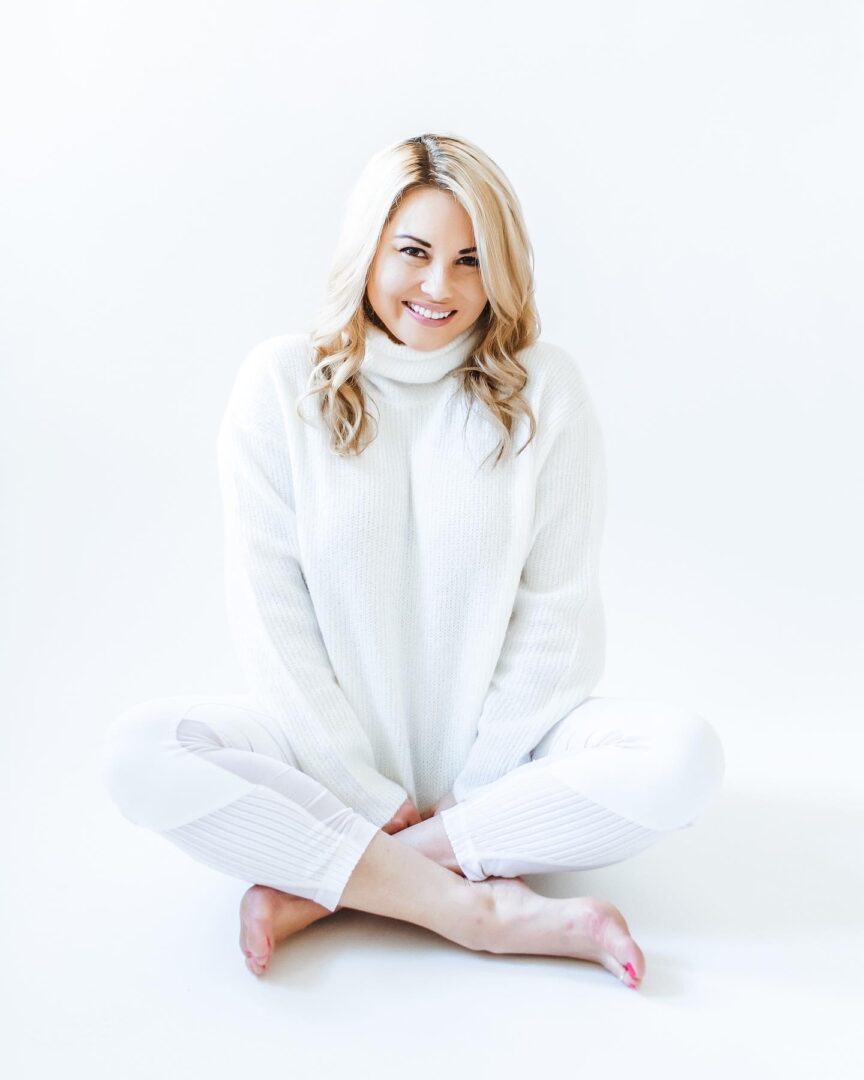We’re looking forward to introducing you to Kimberly Fisher. Check out our conversation below.
Kimberly, it’s always a pleasure to learn from you and your journey. Let’s start with a bit of a warmup: What is a normal day like for you right now?
A normal day for me is a blend of structured focus, collaborative connection, and purposeful recharging no matter where I am in the world. I find that a consistent morning routine sets a positive and productive tone for the entire day.
My day typically starts early. I use the first hour for myself—usually some light exercise, like a walk, stretching or yoga, gratitude journal, meditation and a healthy breakfast. This time allows me to center myself and approach the day with clarity and energy rather than reacting to it.
Once I begin work, I prioritize my most important tasks during my peak focus hours, which for me is typically late morning. I rely heavily on my calendars and task list to block out time for deep work on projects, ensuring I make significant progress on key initiatives. I’ve found that this proactive approach is much more effective than a constantly reactive one.
A crucial part of any day, of course, is collaboration. I actively protect time for meetings, brainstorming sessions, and connecting with colleagues. I truly believe the best work happens when diverse perspectives come together, so I make a point to be fully present and engaged during these interactions, whether they’re in-person or virtual.
I am a strong advocate for a hard stop at the end of the workday to maintain sustainability. I might spend my evening out at an event, at home cooking, reading, or connecting with friends and family. This balance is non-negotiable for me; it’s how I recharge and return the next day feeling innovative and motivated.
So, in essence, a normal day is a deliberate balance: focused execution, meaningful collaboration, and personal well-being, all aimed at delivering my best work consistently.
Can you briefly introduce yourself and share what makes you or your brand unique?
Kimberly Fisher is a dynamic force in the travel and lifestyle world—a model-turned-writer, entrepreneur, and philanthropist whose journey from Alaska to global citiеs has made her a voice for modern, conscious luxury. With heritage spanning Chinese, Vietnamese, English, and American Indian roots, she embodies a multicultural spirit.
Travel Mastery:
Having visited 67 countries and all U.S. states (except the Dakotas!), Kimberly’s expertise blends adventure with elegance. From shark-swimming in the Maldives to volcano hikes in Guatemala, she proves luxury isn’t about price tags but experiences. Her writing—featured in USA Today, Huffington Post, and Sherman’s Travel—guides readers to embrace both opulence and affordability through various platforms. She specializes in luxury travel and lifestyle, and has covered art, beauty, culture, destinations, fashion, food, wellness, events, hotels, wine & spirits.
Kimberly has over 900 articles published in 44 different outlets. She is currently a contributor to Pursuitist and JustLuxe. Her writing has appeared in print magazines like Food Wine Travel, Disarray, GC, Luxe Beat, NiteGuide, Ocean View, Play (Philippines), ReLiving Magazine and TravelWorld International. On the web, you can find clips at eHow, Elephant Journal, Examiner, Fetch, Huffington Post, Medium, JustLuxe, Luxury Lifestyle, Pursuitist, Sherman’s Travel, The Daily Meal, The Upcoming, Travels.com, Style Blend and USA Today.
She has been featured in Vogue, Cosmopolitan, Huffington Post, AMB Magazine, Breakaway Daily, Luxury Branded, and Showbiz Watch among others.
Entrepreneurial Flair:
Kimberly’s ventures include Jetsetera, an online boutique curating stylish travel essentials (think organic teas and chic clothing lines), reflecting her belief that comfort and sustainability can coexist . She’s also developing two books: Dating Tips For Men: 101 Tips From Models, Pinups and Playmates and The Jet Set Guide to Travel .
Philanthropic Heart:
Deeply committed to giving back, Kimberly has supported The Make a Wish Foundation, Reading to Kids, The Writers Guild Foundation, Brighter Children and The Junior League of Los Angeles. She Is currently working with The Junior League of New York and New York Cares. She leverages her platform and network to amplify their missions, hosting events, fundraising and driving awareness. Her success is meaningless without community upliftment.
Beyond the Page:
A seasoned on-camera host, Kimberly merges storytelling with visual artistry. She’s certified in mindfulness and yoga, advocating for wellness as integral to travel .
Appreciate your sharing that. Let’s talk about your life, growing up and some of topics and learnings around that. Who were you before the world told you who you had to be?
A shy girl from Alaska, with big dreams and enough audacity to go out and achieve them.
What did suffering teach you that success never could?
Specifically, suffering taught me three things that success alone couldn’t:
First, it taught me the critical importance of resilience, not just results. Success shows you the peak of the mountain, but suffering is the climb—the part where you’re tired, unsure, and have to find a reason to take the next step. It taught me how to manage self-doubt, adapt to unforeseen obstacles, and persevere when the path isn’t clear. Success feels like a destination, but suffering taught me that the growth is in the journey itself.
Second, it gave me a deeper sense of empathy and humility. Success can sometimes create a bubble. Suffering pops that bubble and connects you to the universal human experience of struggle. It taught me to listen more intently, to recognize the unspoken challenges my colleagues might be facing, and to lead with support rather than assumption. I learned that the most powerful thing you can often say is, ‘I understand, and I’m here with you.’
Finally, it refined my perspective on what truly matters. Success often measures external validation—awards, accolades, outcomes. Suffering forces an internal audit. It strips away the non-essential and clarifies your core values, your true motivations, and the strength of your relationships. It taught me that my worth isn’t tied to a single outcome, but to my integrity, my effort, and how I treat others along the way.
Alright, so if you are open to it, let’s explore some philosophical questions that touch on your values and worldview. What would your closest friends say really matters to you?
I believe my friends would highlight two things that are my true north: genuine connection and meaningful growth.
First, they would say I deeply value authentic relationships. To me, it’s not about the number of friends, but the quality of the connection. They’d probably mention that I’m the one who remembers the small details, who checks in not just when things are tough, but also to celebrate the ordinary wins. I invest time and energy in the people I care about because I believe that support system is everything. It’s the foundation from which all good things grow, both personally and professionally.
Second, they’d absolutely say I’m driven by purpose and growth. They know I’m not someone who is satisfied with just being busy; I need to be working towards something that feels meaningful. This applies to my own personal development—always learning a new skill or reading up on a new topic—and it also applies to my work. They’d say I need to see the impact of my efforts, to know that my work contributes to a larger goal or helps someone else succeed.
Ultimately, I think they’d say that what matters most to me is weaving those two things together: building strong, authentic connections while pursuing purposeful growth. It’s the combination of people and purpose that truly drives me.
Okay, we’ve made it essentially to the end. One last question before you go. If you knew you had 10 years left, what would you stop doing immediately?
First, I would stop postponing meaningful connections for the sake of convenience. It’s easy to get caught in the flow of being ‘busy’ and tell yourself you’ll catch up with a friend ‘next month.’ A ten-year horizon would make it painfully clear that ‘next month’ is a finite resource. I would stop putting off those calls, trips, and conversations that truly nourish my relationships and professional network.
Second, and this is crucial in a professional context, I would stop spending significant energy on projects or tasks that lack purpose or alignment with my core values.
Contact Info:
- Website: https://kimberlyfisher.com
- Instagram: http://instagram.com/itskimberlyfisher
- Linkedin: http://linkedin.com/in/kimberlyfisher1
- Twitter: http://twitter.com/kimberlyfisher1
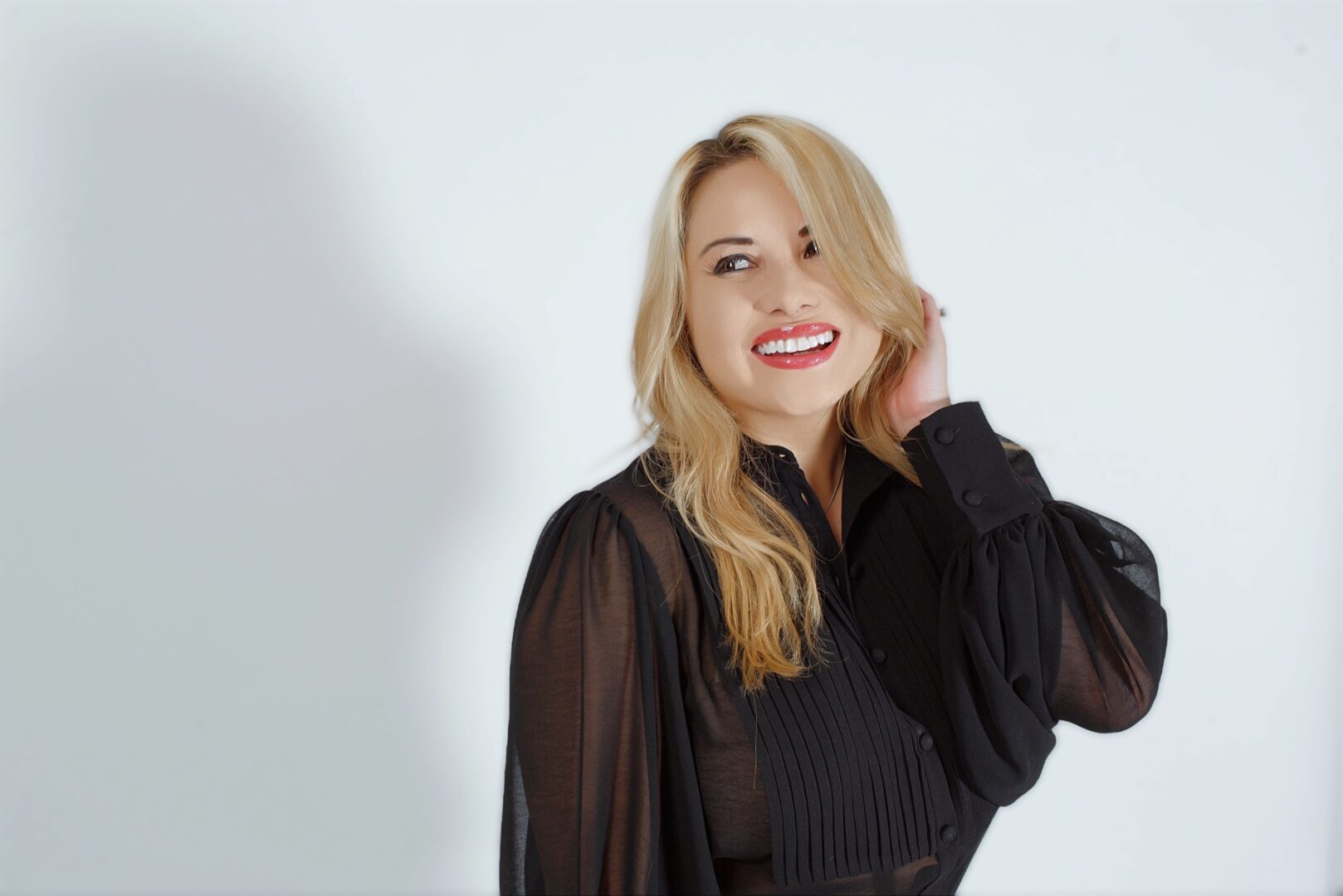
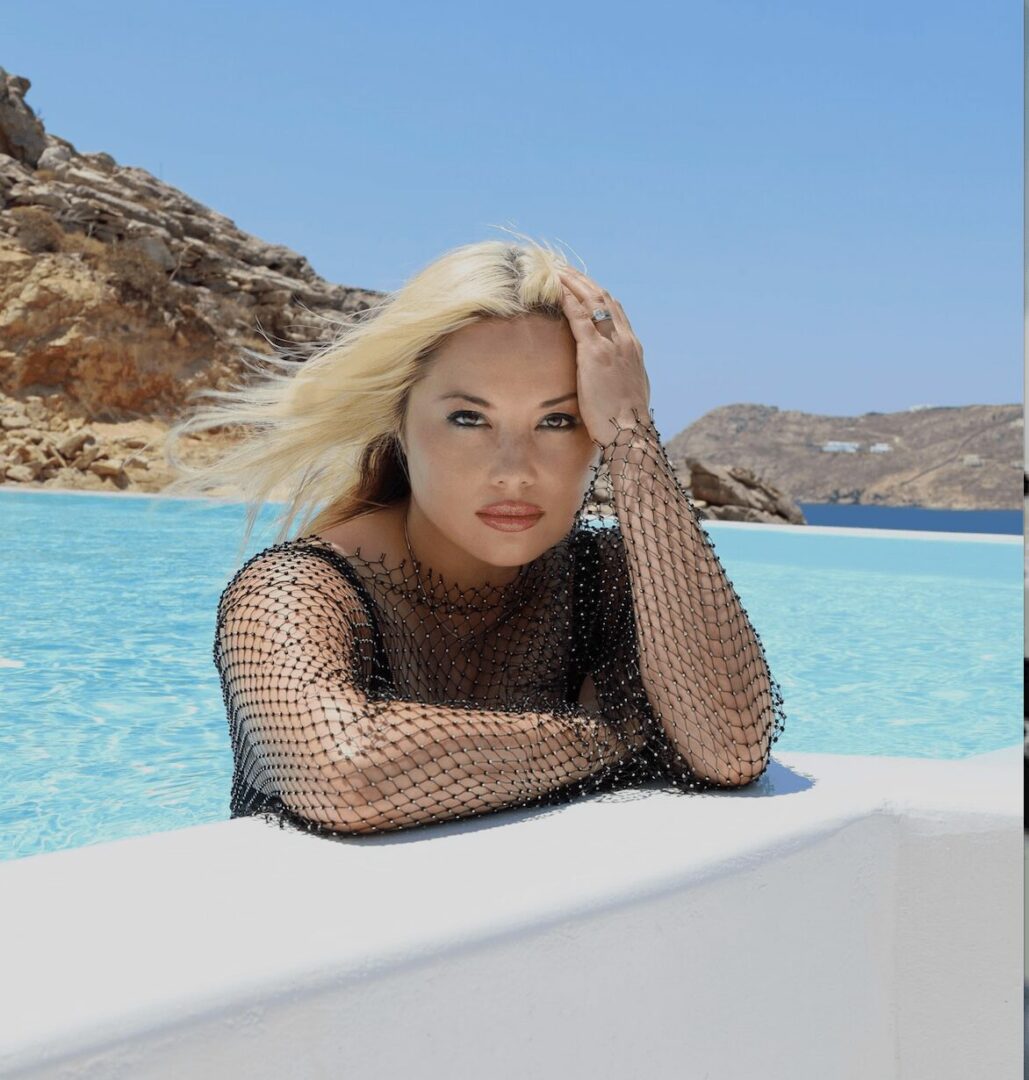
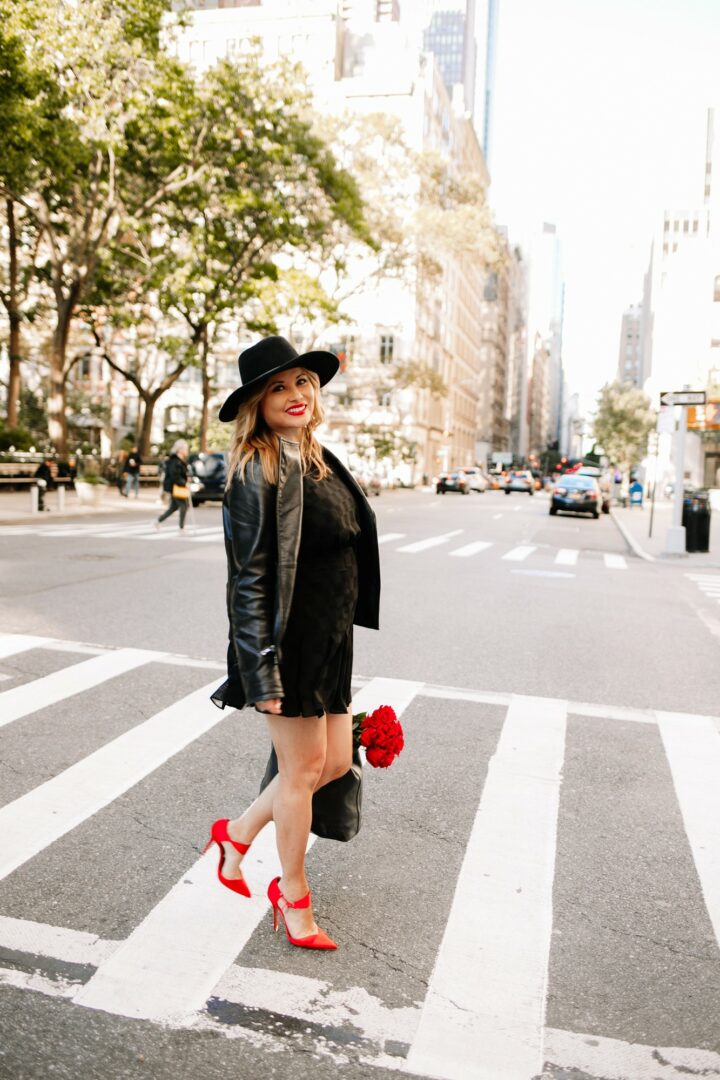
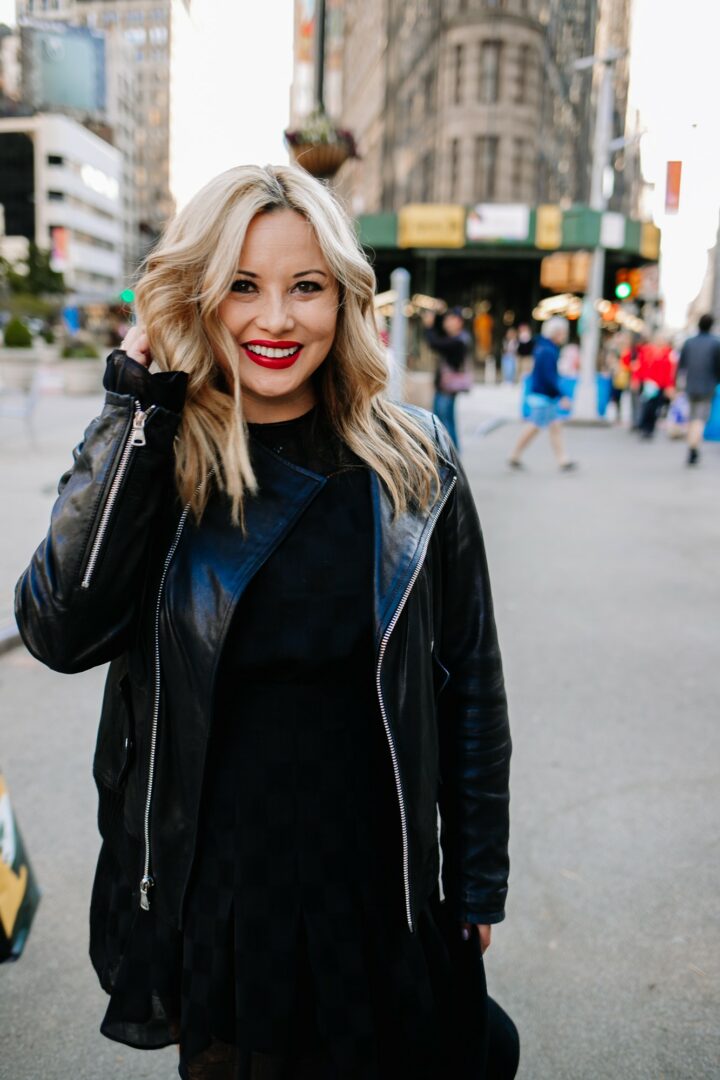
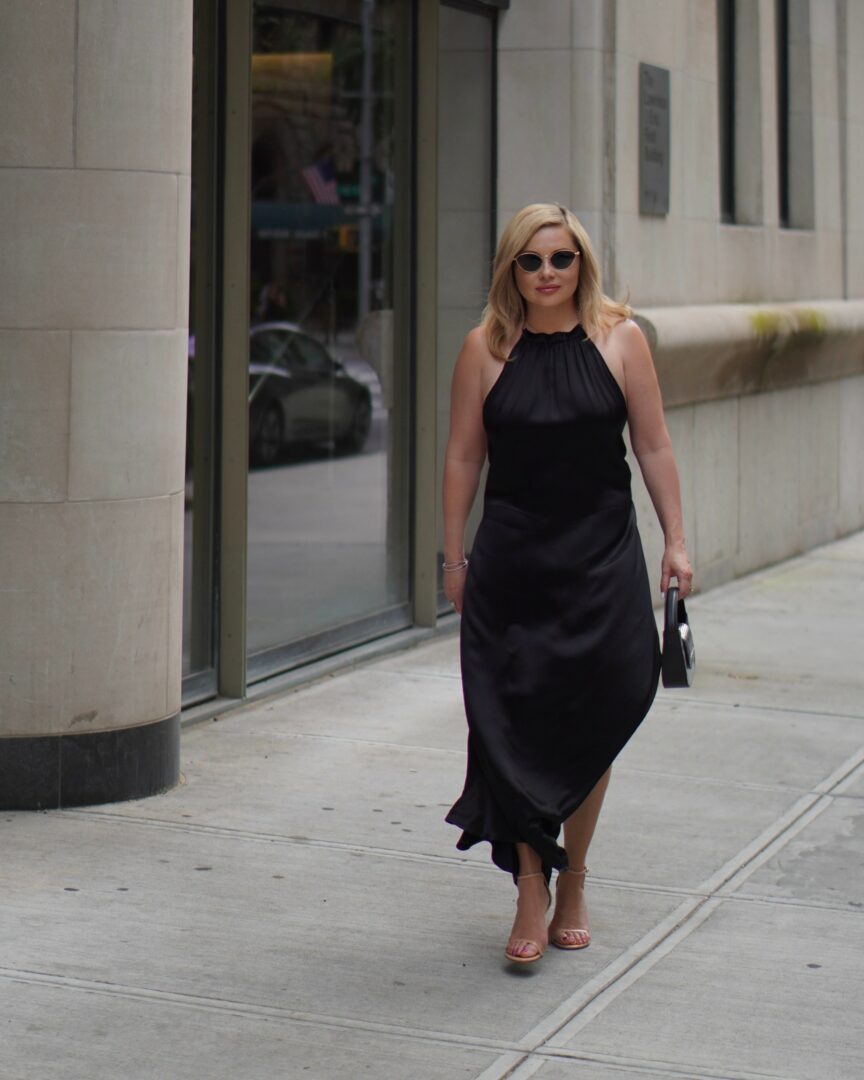
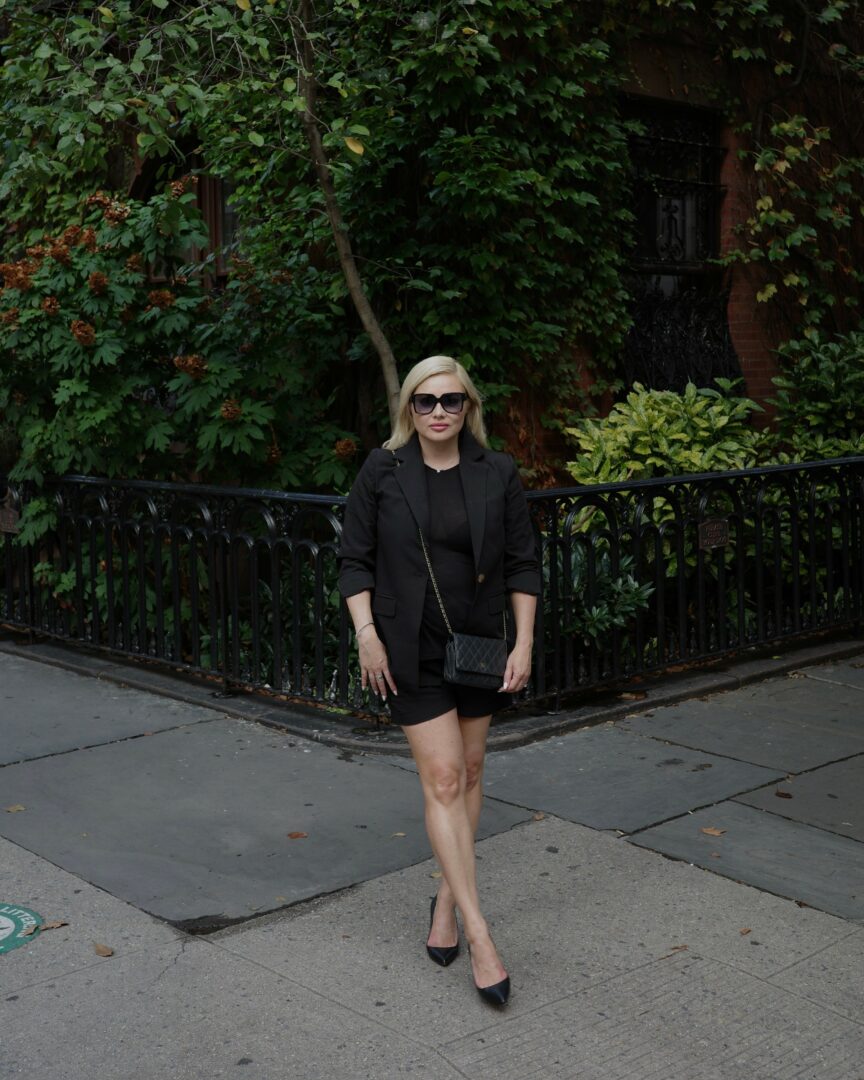
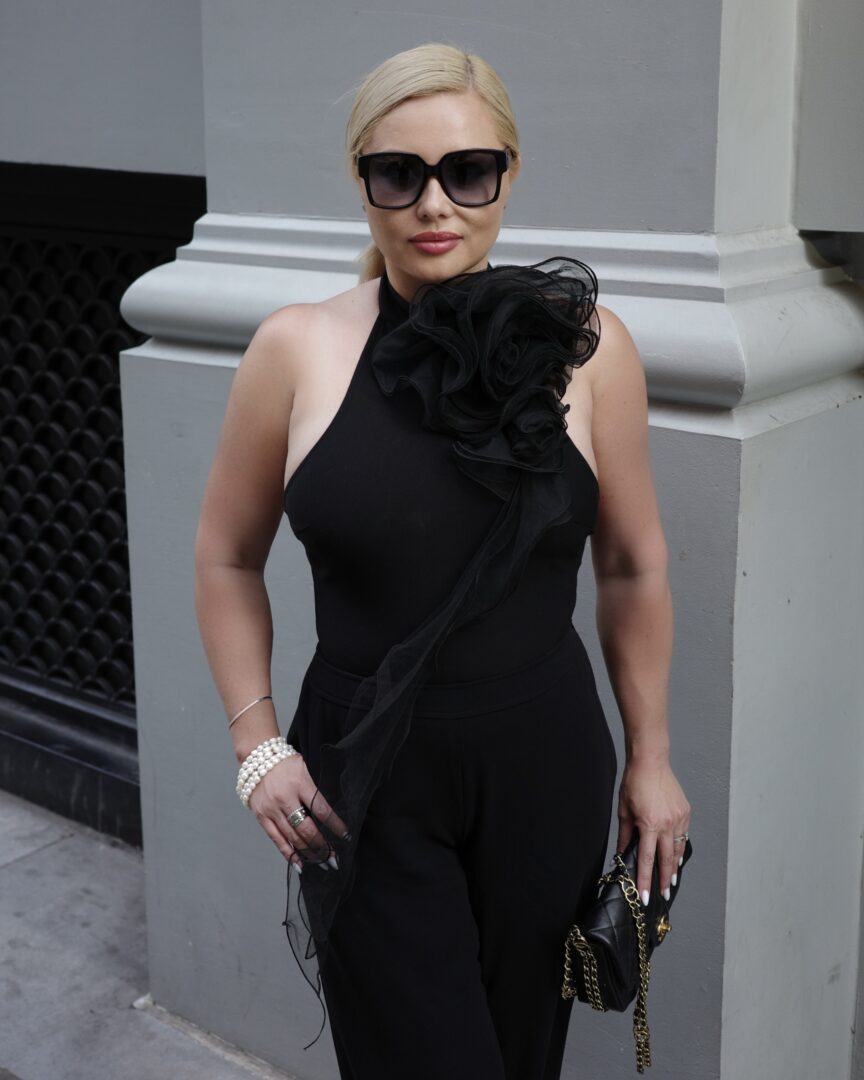

Image Credits
Katya Bychkova
so if you or someone you know deserves recognition please let us know here.

